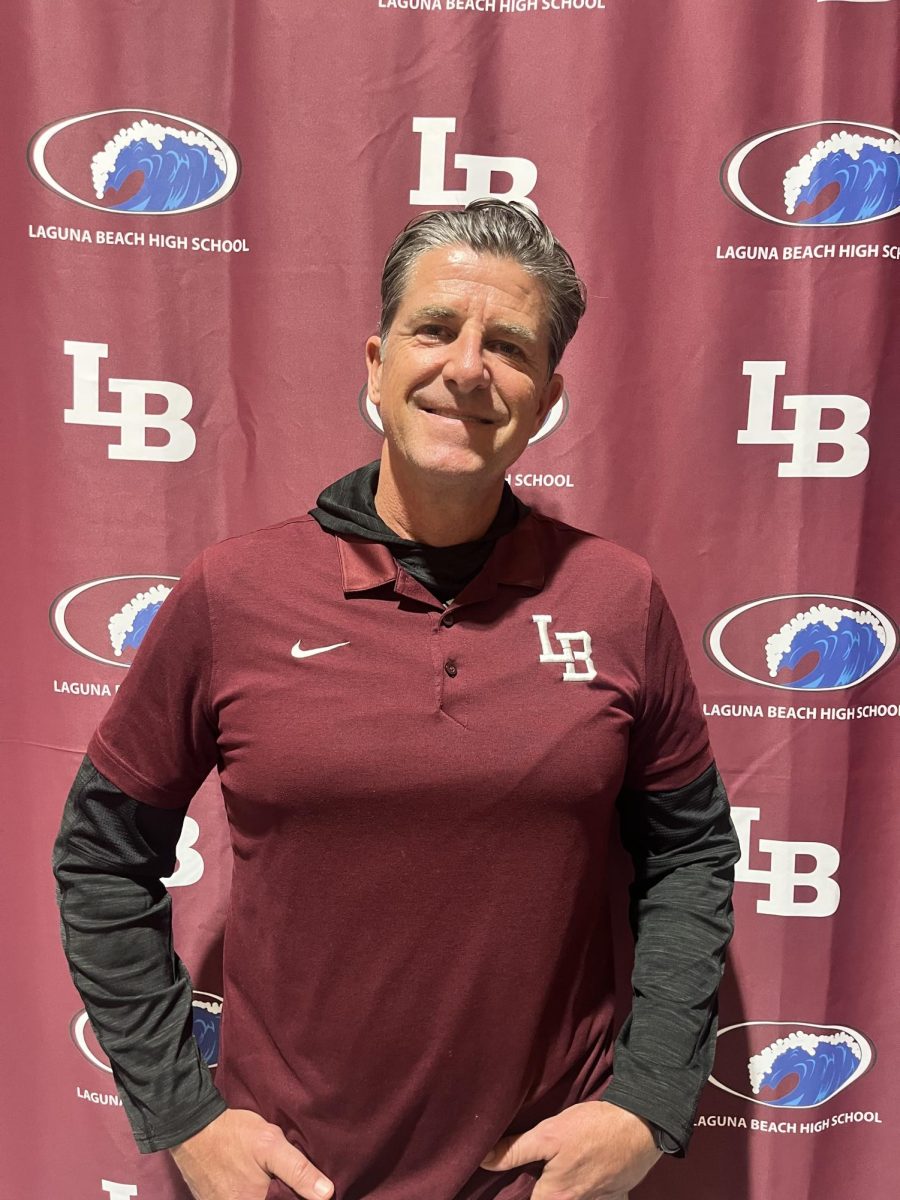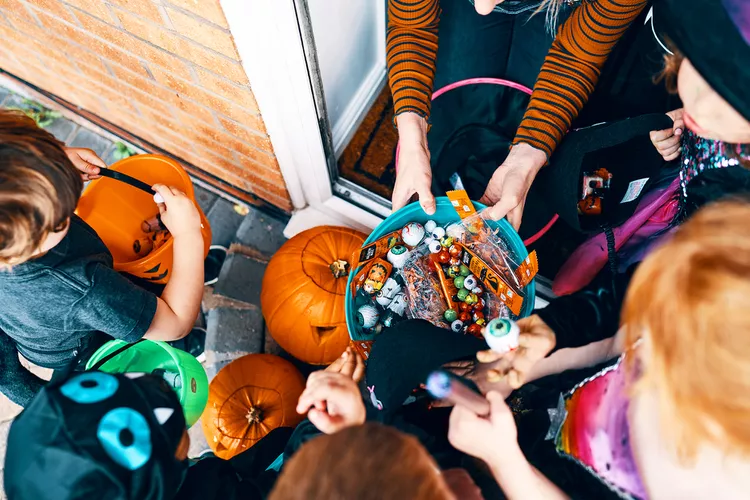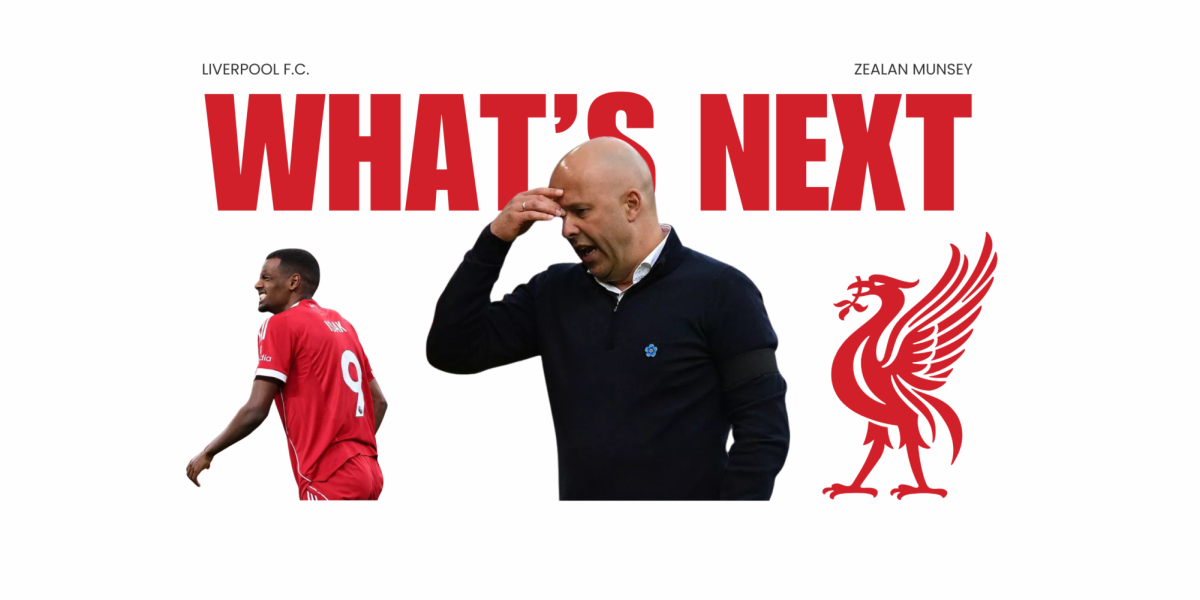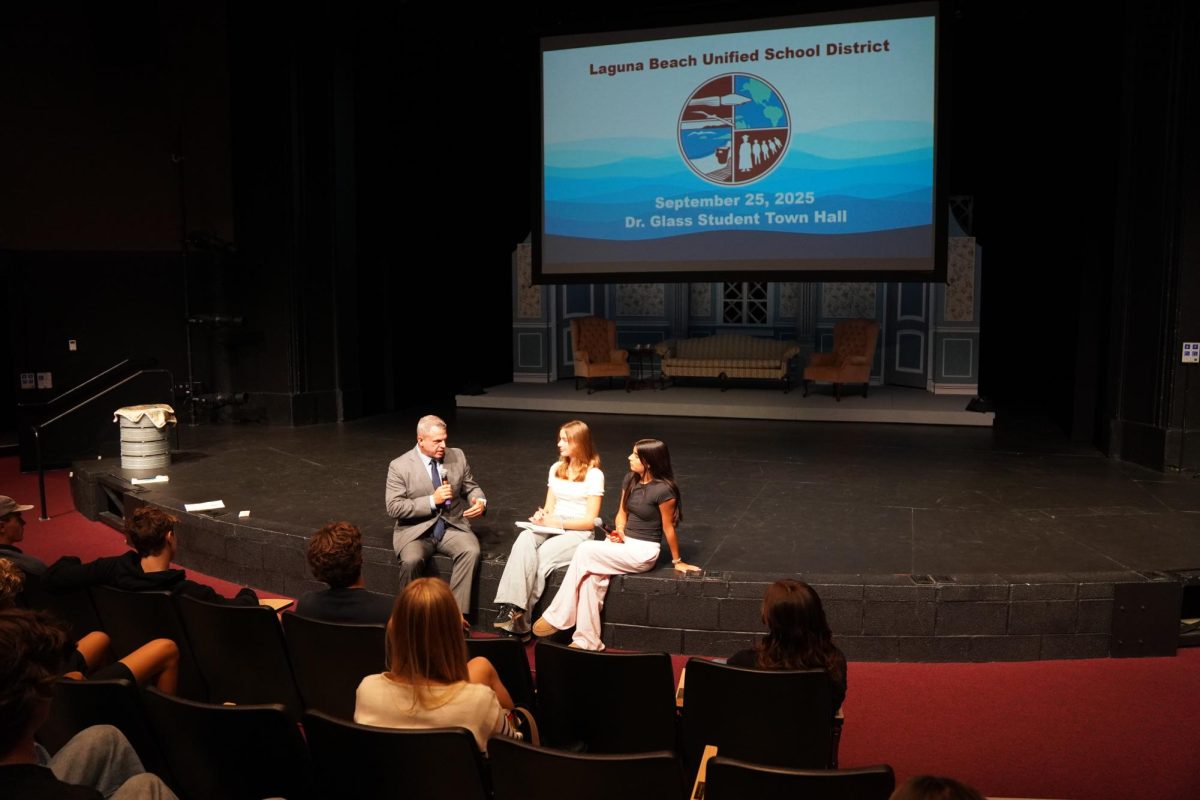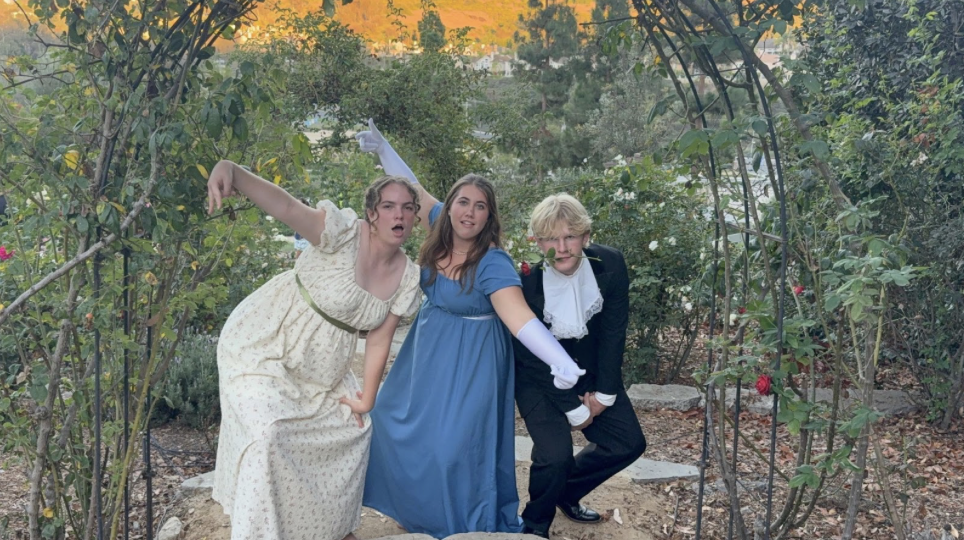From November 6th through the 9th, Laguna Beach High School’s FLOW (Fire, Land, Ocean, Water) organized an interesting and exciting way to educate students about the Earth. The administration got four environmentalists to speak on the growing concerns surrounding fire, land, ocean, and water. FLOW week began its festivities by kicking off with a fair dedicated to utilizing found-at-home resources to prove that over-consumption is not a necessity to have a good time.
Following the FLOW Fair, every day of the week was followed with a different grade-level presentation during tutorial. Freshmen received a presentation from Obi Kauffman about fire, sophomores with Jeremy Jones about land, juniors with Chad Nelson about the ocean, and seniors with Jon Rose about water. With the assistance of guest speakers, the point was driven home that our Earth needs protection, and this can only be accomplished through cultivated action.
“FLOW has stretched me to innovate, collaborate, event plan, and work with students and community members,” said English teacher and TOSA. Nearing the twenty-year mark of my career, FLOW has provided me with something new and exciting at LBHS.
Obi Kauffman is a naturalist writer who firmly believes in finding ecological peace. Over six years, Kauffman has written four books focused on California lands, bringing the reader a new appreciation for the beauty of California’s nature. The series covers the state’s geography, ecology, and features his artwork depicting other natural aspects of the land. His understanding and admiration for nature are translated directly to the reader, much like it was to his FLOW audience.
“It’s important that we’re being educated on the wildlife and culture around us and I believe that by the end of the presentation, the students understood the purpose of the fires and the effects of it on the ecosystem of California,” said FLOW Club member Ella Muraswki.
The next day, the sophomore class was given an insight into Earth’s climate preservation. Jeremy Jones is a professional snowboarder and world-renowned author. His works include his novel, The Art of Shralpanism, which features his art, informs readers about current climate disasters, and takes them through his experiences with snowboarding. With these experiences, he learned more about how to properly take care of our environment which is by implementing systematic change and laws. He did this by creating a non-profit organization called Protect Our Winters, which is dedicated to preserving winter all over the globe.
“We all breathe the same air, drink the same water, and weather the same storms,” said Jones. My trash is your trash, and your trash is my trash.
Chad Nelson, CEO of the Surf Rider Foundation, came to communicate with the juniors about the significance of caring for our oceans. He advocates for all ocean-protected waters and strives to educate everyone, especially students, about what they can do daily to nurture the coastal areas.
“Strive for not perfection, but progress,” said professional surfboarder Greg Long. Try to avoid seafood that harms the environment more than others; Monterey Seafood Guide offers some good examples.
Seniors got the opportunity to speak with professional Jon Rose about the concern for unclean waters. His company, Waves for Water, is passionate about bringing access to clean water worldwide. He has done so by conducting research and giving pure water access to millions across the globe.
“The presentation was a reminder that as long as you follow your passion and dreams, a positive outcome will result,” said FLOW Club President Anoua Carrie. I was also inspired to take more risks and leave my comfort zone more often.
To combat climate change and other environmental concerns, we must learn to band together as a community collectively. Laguna Beach has been doing a great job, but we can always go further with our actions. One action most everyone can take is to eat more sustainable foods, specifically seafood. There are more harmful seafood than others such as shrimp, but a good form of seafood is salmon.
“When we change our mindsets, it leads us to change our behaviors, which allows us to change for our world,” said Benson.





